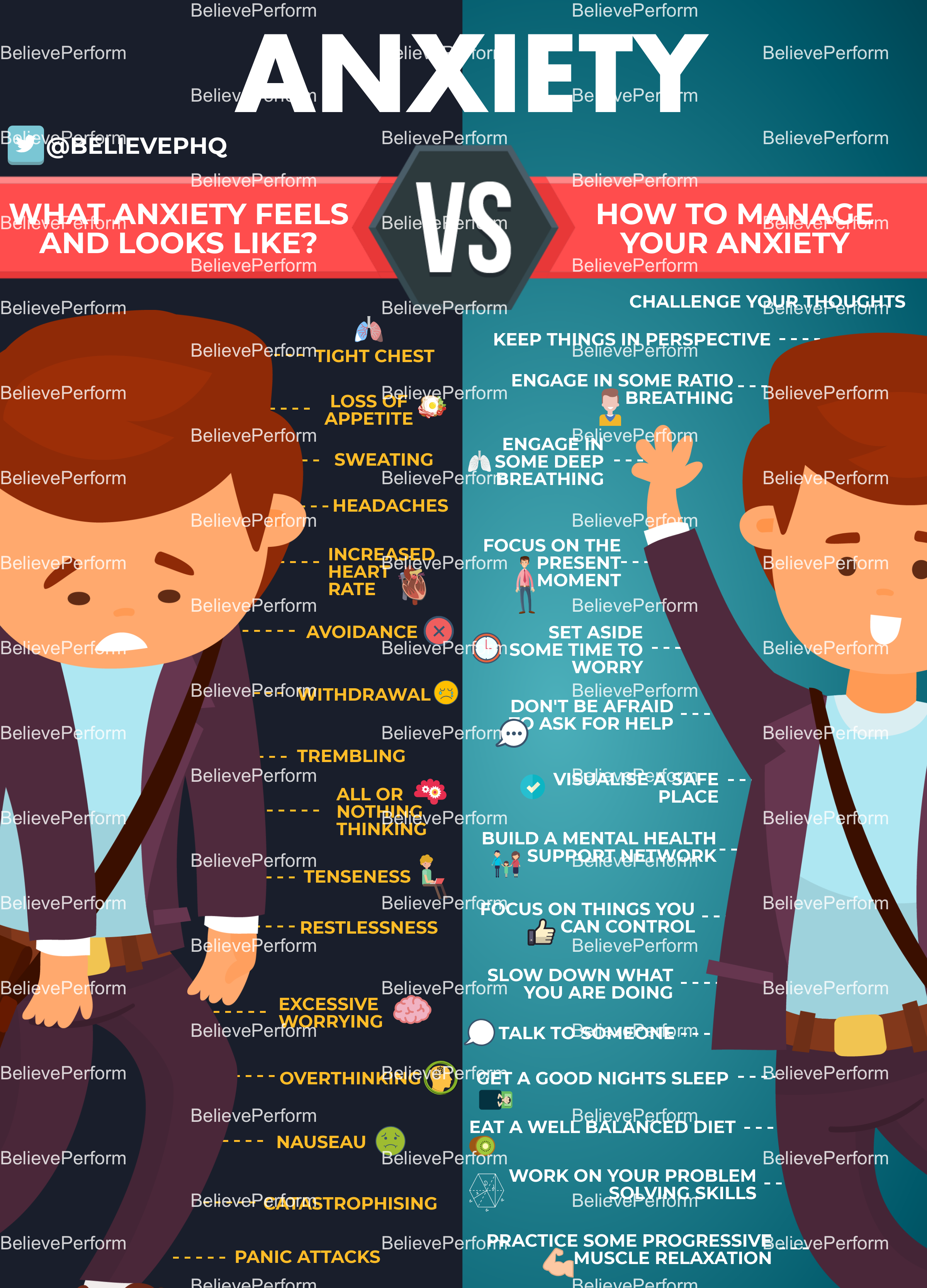
What anxiety feels and looks like Vs. how to manage anxiety
Obsessive compulsive disorder affects the way you think and behave. Obsessions are unwanted and intrusive thoughts, urges or images repeatedly appearing. Compulsions are repeated mental or physical actions that are done to relieve the anxiety caused by obsessive thoughts. Symptoms are wide-ranging and everyone's experience different.

The 7 Most Common Types of Anxiety and How to Deal With Them Blackberry
First and foremost, you need to learn to accept your thoughts for what they are: a symptom of your anxiety or OCD. You need to stop shaming yourself, and stop feeling like you need to push these thoughts away. Acceptance is crucial. These thoughts are not in your control, and not something you should expect to control.
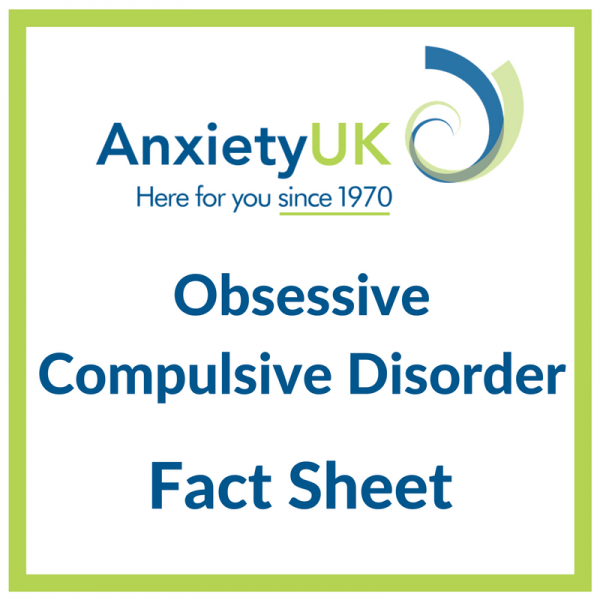
Obsessive Compulsive Disorder (OCD) Anxiety UK
Urgent help. This self-help guide is intended for people with mild-to-moderate symptoms of obsessive compulsive disorder. If you're feeling distressed, in a state of despair, suicidal or in need of emotional support you can phone NHS 24 on 111. For an emergency ambulance phone 999. This guide aims to help you:
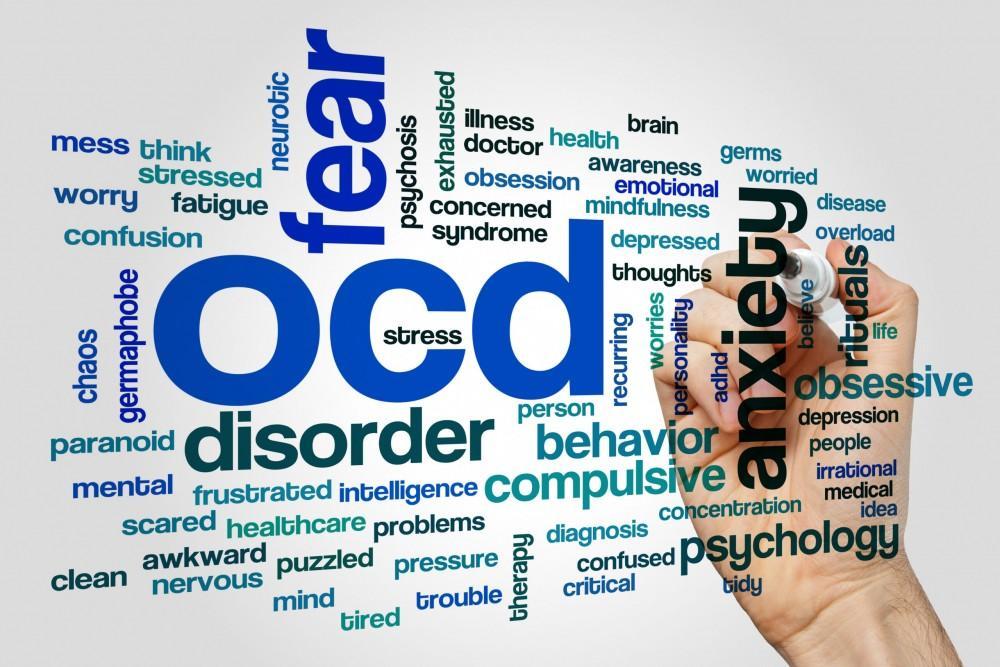
Identifying and Treating Disorder Washington
obsessional thinking have a tendency in that direction. Many people have come to Anxiety Care with 'absolute' beliefs in certain things: the requirement to be perfect with only total loss of personal value as an alternative; a belief that a certain activity has caused irreparable harm despite endless

Free anxiety help Counselling and Mental Health Support
This could include stress, lack of sleep, big changes, times of uncertainty, anxiety, hormones, or difficult events in the news. Positive things, such as big events or feeling happy may also trigger intrusive thoughts about something going wrong. Knowing what might make your OCD worse could help you to prepare for difficult times.
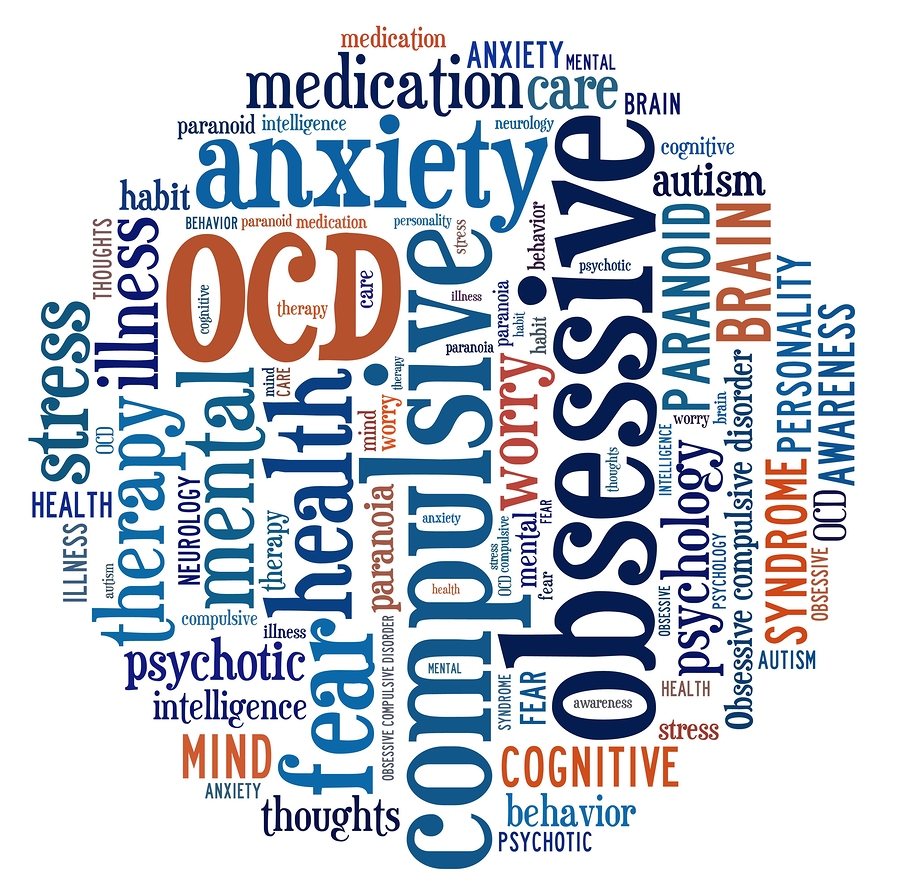
Understanding Obsessive Compulsive Disorder How it can affect your
Research decisions made by clinical psychologists in the 1970s can help explain why so many people, myself included, struggle to make sense of our obsessional thoughts. OCD is so much more than.
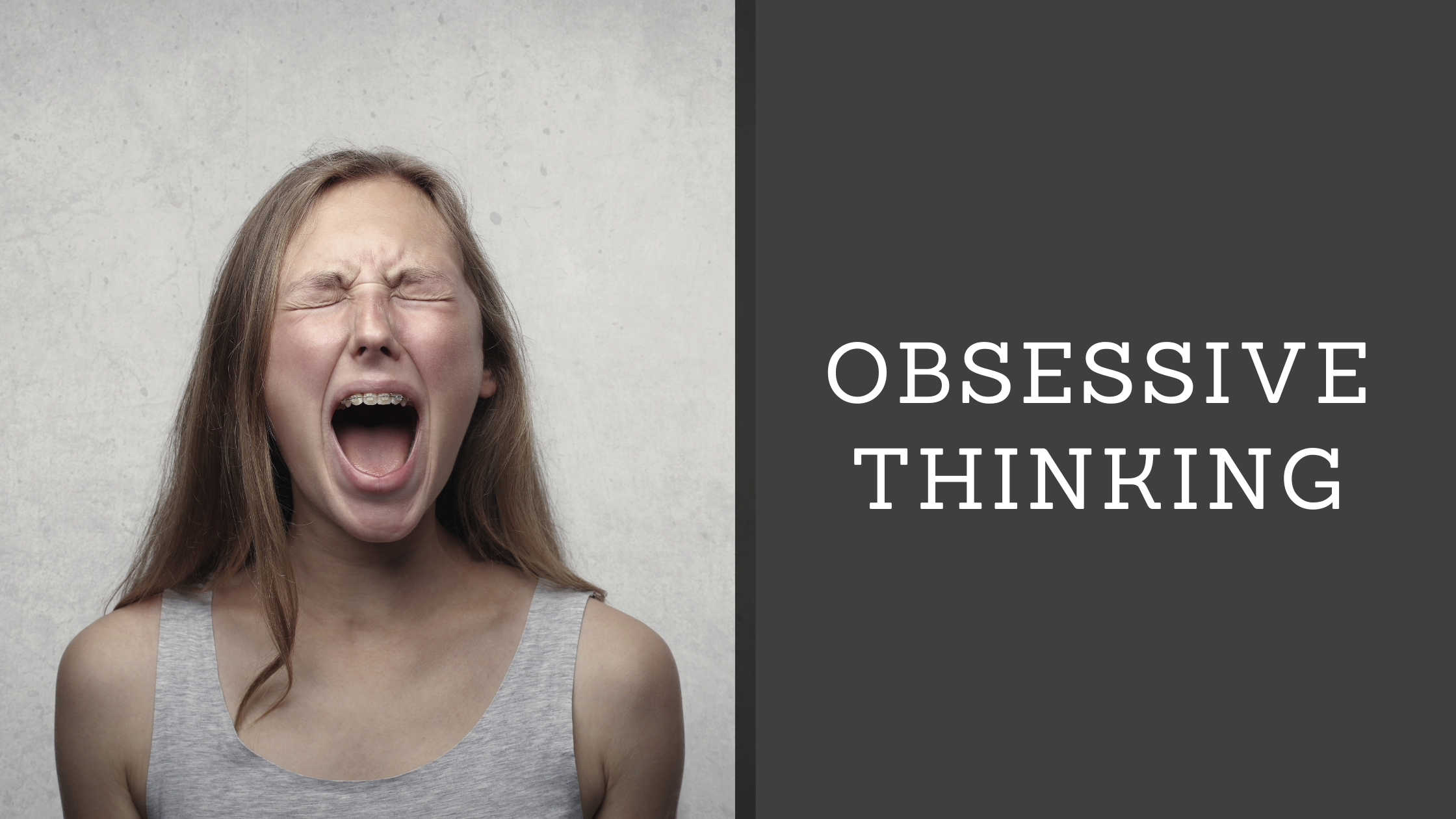
Obsessive Thinking Examples & Steps to
CBT with ERP is the most recommended talking treatment for OCD. It combines two types of therapy: Cognitive behavioural therapy (CBT) focuses on how your thoughts, beliefs and attitudes affect your feelings and behaviour. See our page on CBT to learn more. Exposure and response prevention (ERP) is designed to treat OCD.
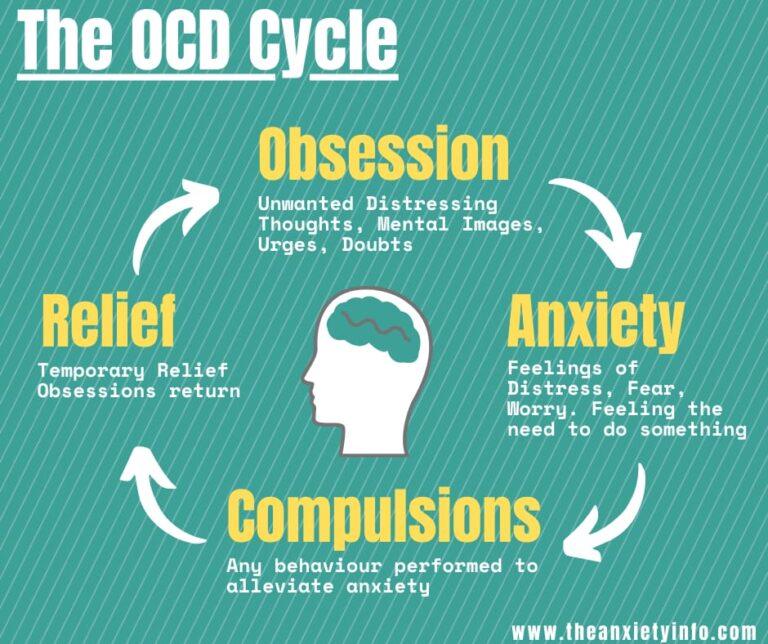
Obsessive Compulsive Disorder (OCD) The Anxiety Info
These obsessive thoughts can have an impact on a person's wellbeing and trigger feelings of anxiety. If you have OCD you may also have unhelpful beliefs about the obsessions. The difference between everyday obsessions and obsessions in the context of OCD is that it may be difficult to move on from the obsession and trigger long-lasting anxiety.
:max_bytes(150000):strip_icc()/social-anxiety-disorder-causes-3024749-5c3b8f7bc9e77c0001bffa28.png)
Social Anxiety Disorder Symptoms And Treatments
Obsessive Compulsive Disorder is an anxiety disorder that causes recurrent and persistent thoughts, urges, or images that are intrusive and unwanted, known as obsessions.These obsessions might include a strong fixation with dirt or germs, worry that something is incomplete or something bad will happen, thoughts about violence or hurting someone, or extreme concern with order, symmetry, or.
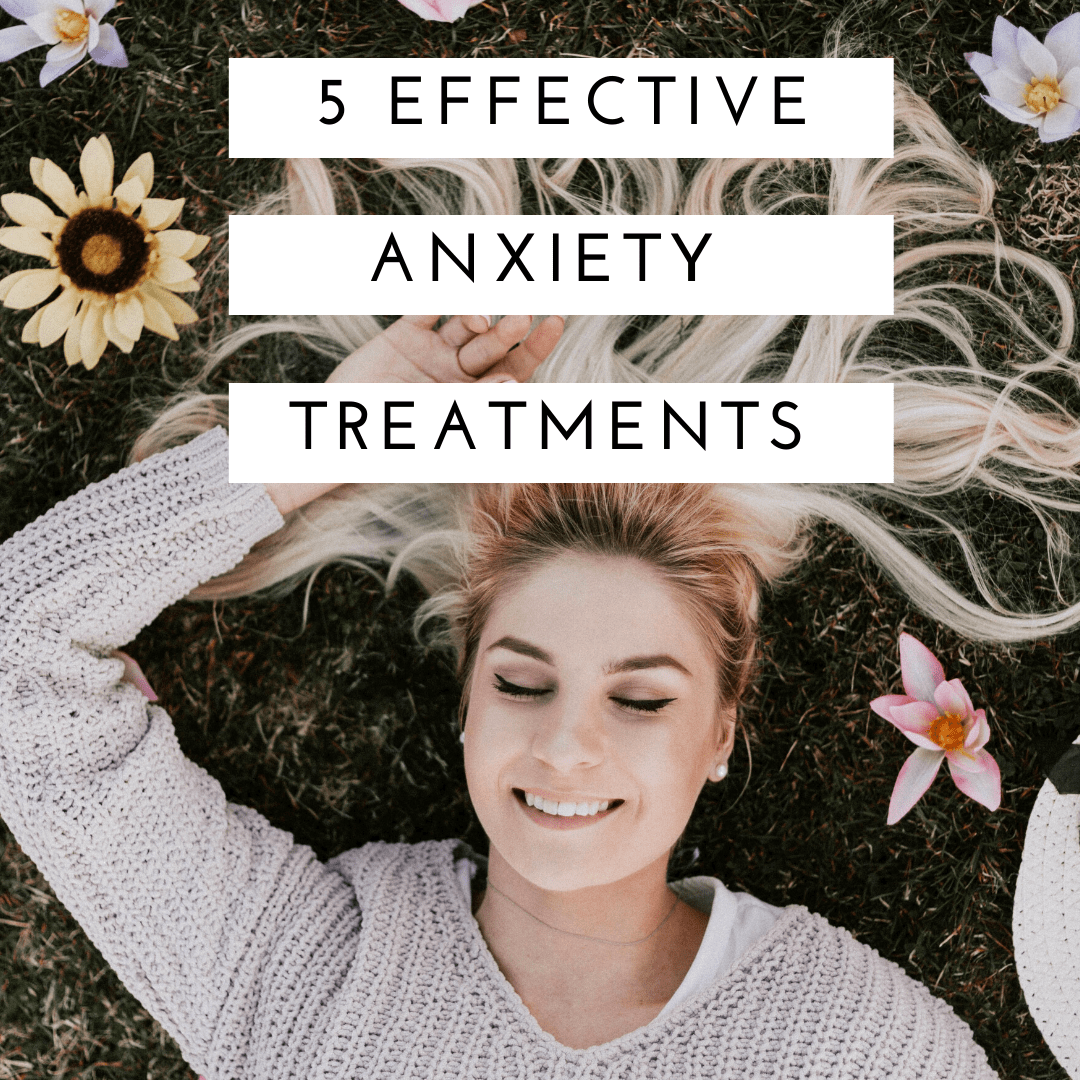
5 Effective Treatments for Anxiety Family Psychiatry & Therapy
For office administration and general information contact us either via email at [email protected] or on our mobile telephone on 07552 877219. Note: This number is not a helpline; we are therefore unable to provide guidance about anxiety over the telephone. Useful Numbers. NHS 111 - 24 hour helpline (call 111)
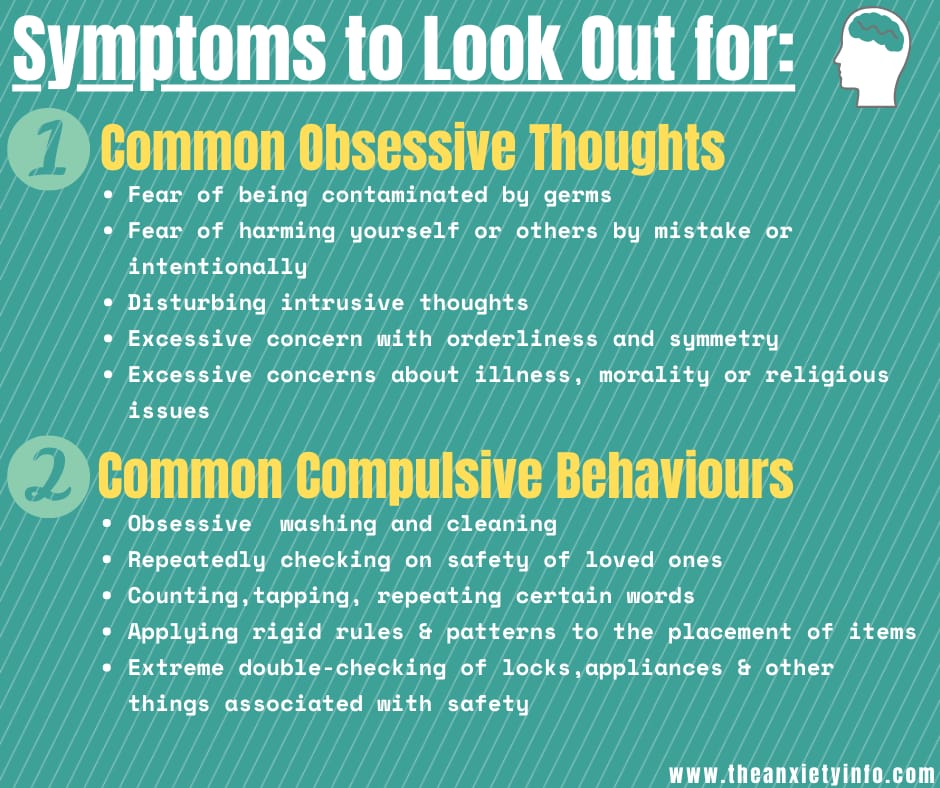
Obsessive Compulsive Disorder (OCD) The Anxiety Info
Obsessive-compulsive disorder (OCD) is a mental health problem. It has two main parts that are connected, obsessions and compulsions. Obsessions are unwelcome thoughts, feelings, images, urges, worries or doubts that keep coming into your mind. They may feel stuck in your mind, no matter what you do. You may worry what they mean or why they won.

Obsessive Thinking and Anxiety Elevation Behavioral Health
Anxiety UK. An organisation for people with anxiety problems including panic, phobias, OCD and related conditions. Provides support to sufferers, their family and carers. Live chat, email, self-help books, CDs, DVDs and resources. Helpline: 0844 775774. Email: [email protected]. Further information NHS Choices
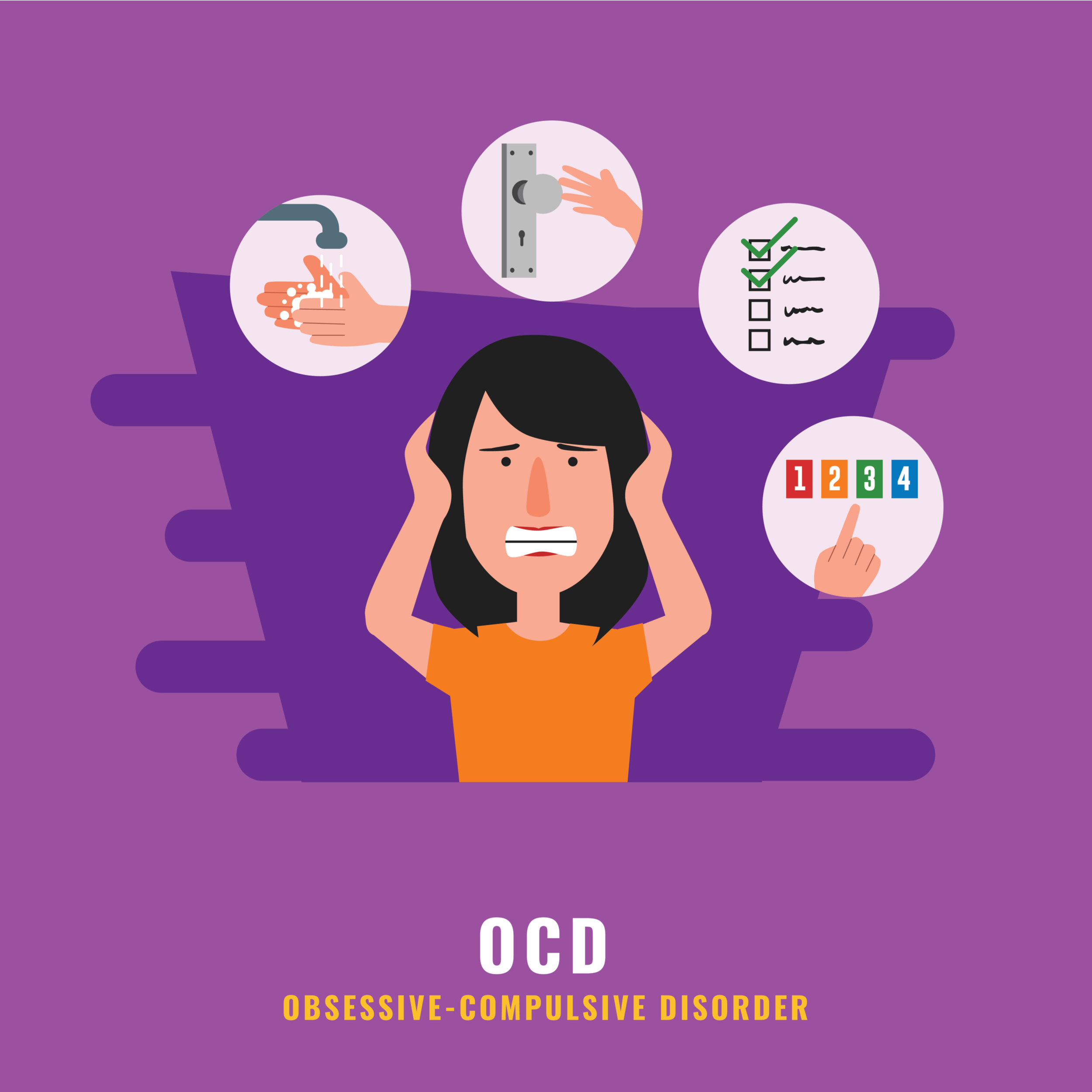
Obsessive Compulsive Disorder OCD The Mindset Clinic
Pure O stands for 'purely obsessional'. It is sometimes used to refer to a form of OCD which is believed to be where people experience intrusive thoughts but have little to no external signs of compulsions. The term is not a medically listed type of OCD. The term is controversial. This is because some people and organisations, like OCD UK.

Obsessional Thoughts Cycle CBT4Panic
All obsessional thoughts (regardless of content) usually produce a sense of discomfort, or a 'feeling' of unease. Some people describe it to be an increase or trigger of anxiety, but for others it is simply that 'feeling' of general unease, tension and/or discomfort.. OCD-UK have taken all reasonable care in compiling this.
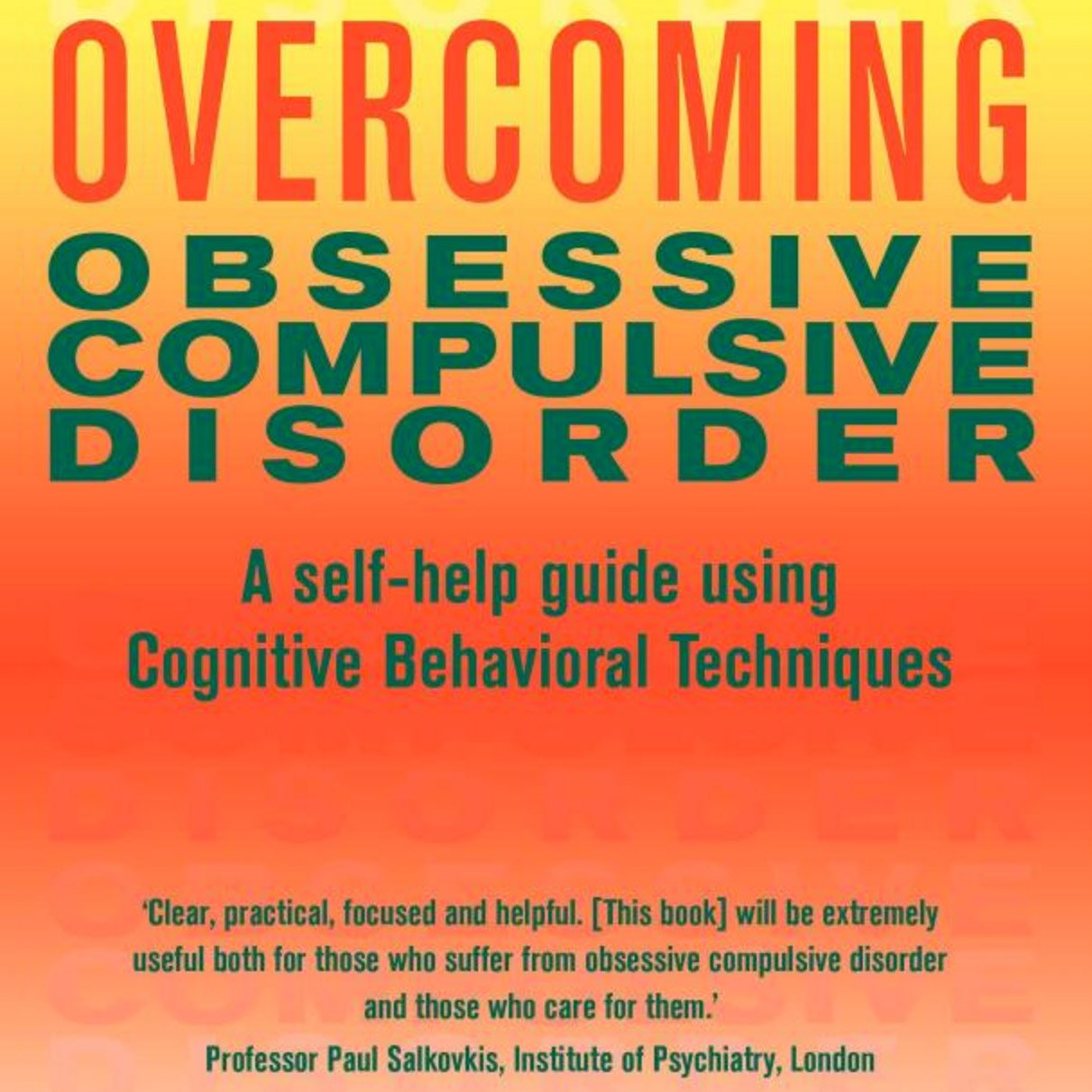
Obsessive Compulsive Disorder (OCD) Anxiety UK
Anxiety. Anxiety is a characteristic feature of most people. In it's 'normal' form, it helps with vigilance, learning and general performance. In short, anxiety is useful. However, in excess it starts to work against us. Extremes of self-focus and apprehension quickly reduce attention and performance, perhaps aggravated by that particular.

Anxiety Disorder Lanc UK
Obsessive Compulsive Disorder (OCD) can be looked at in two parts. Firstly, obsessions that are repetitive, obtrusive, unwanted thoughts that are experienced and result in unreasonable fears and compulsions. Secondly, acts or rituals carried out in response to fears generated by obsessions. The classic OCD condition is that of compulsive hand.